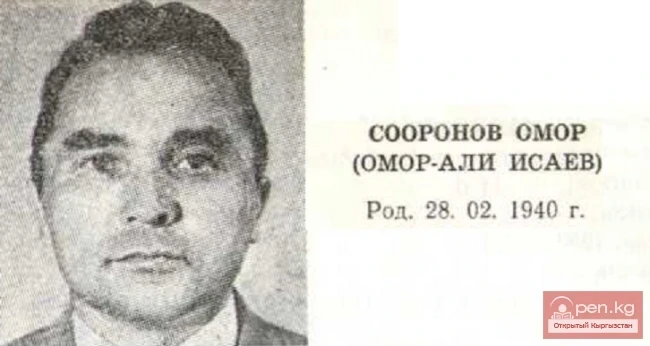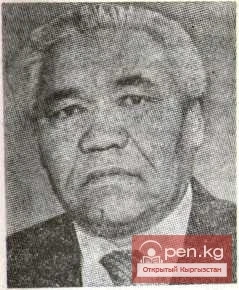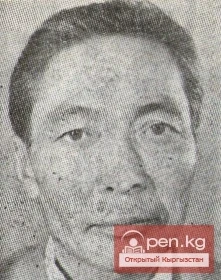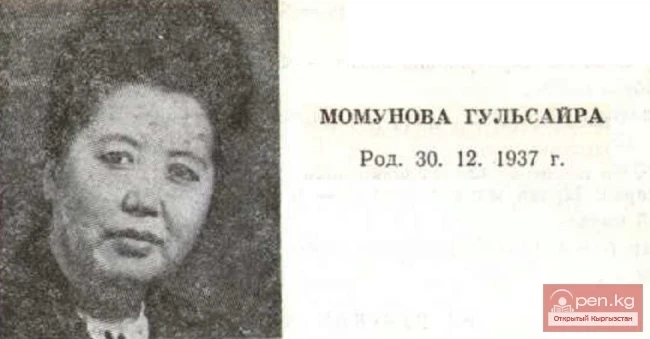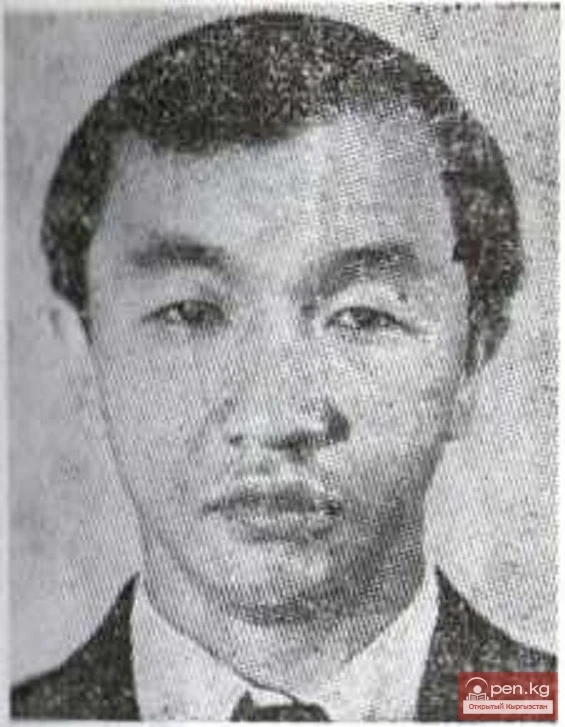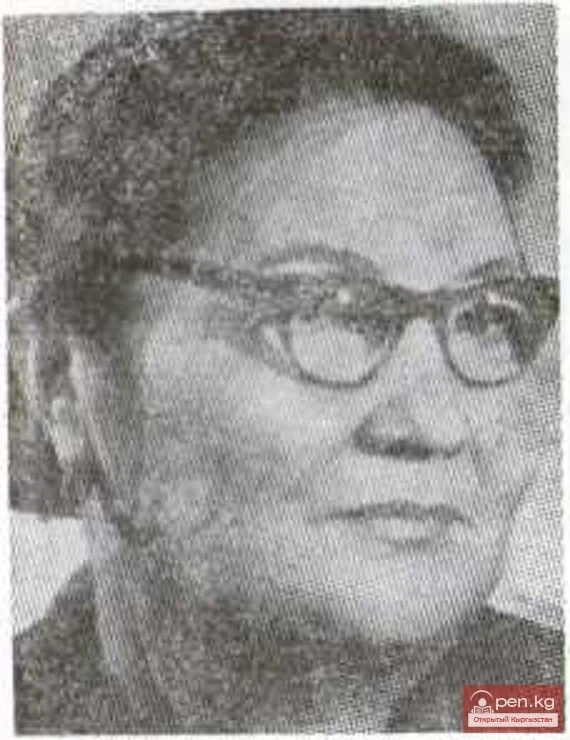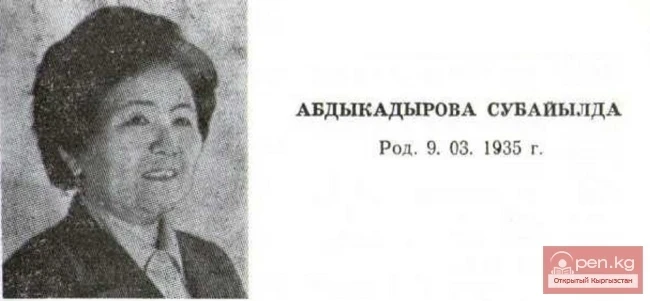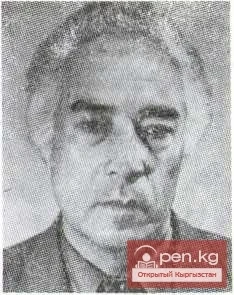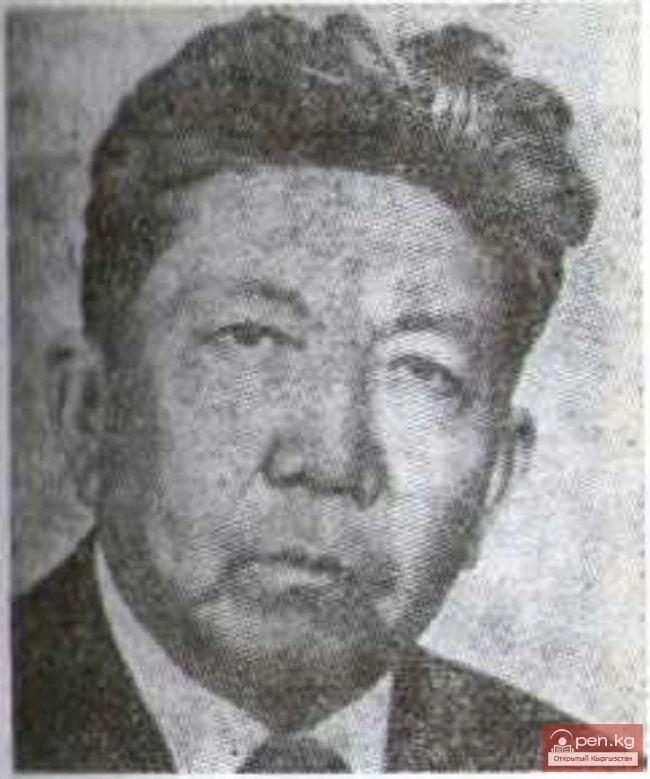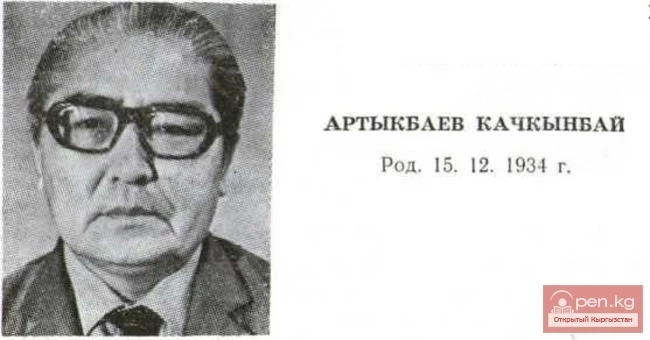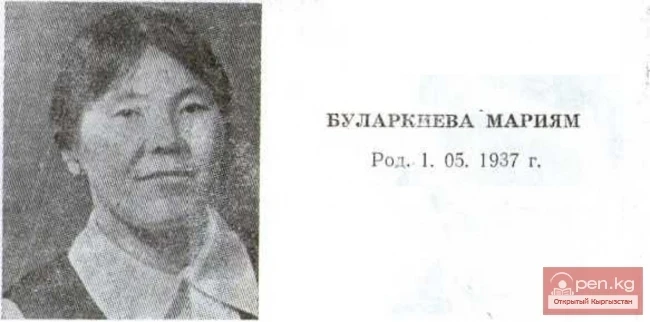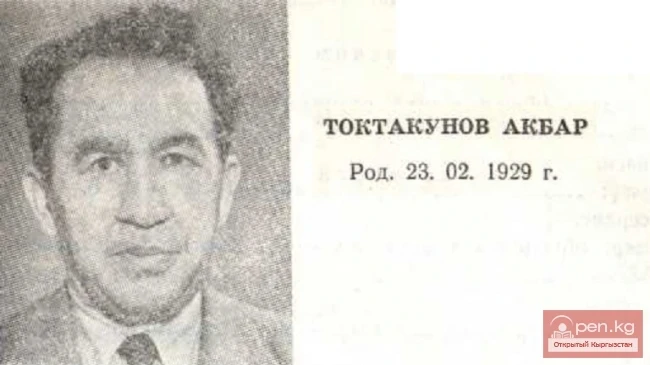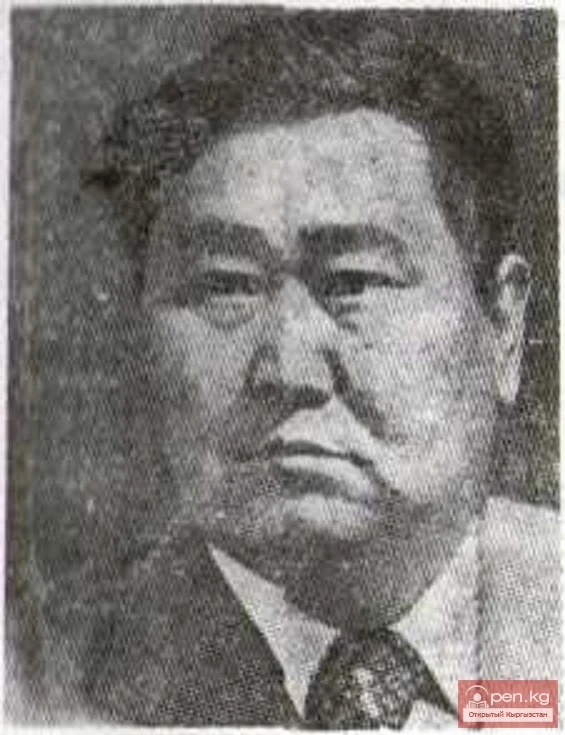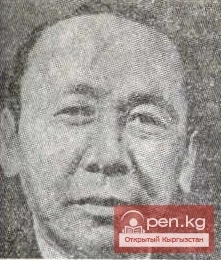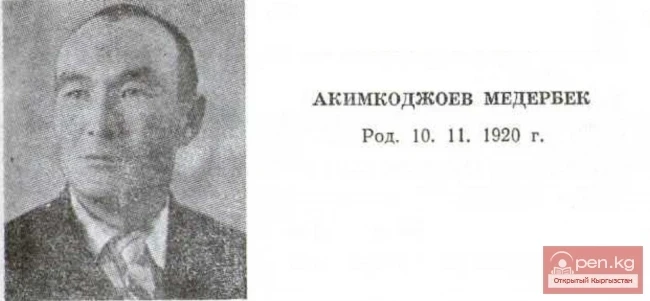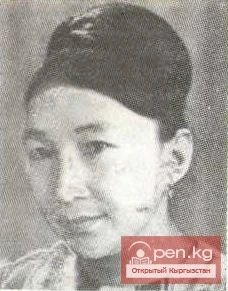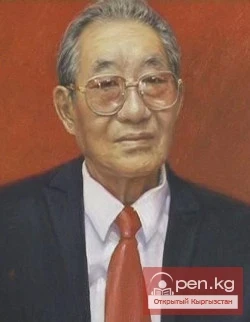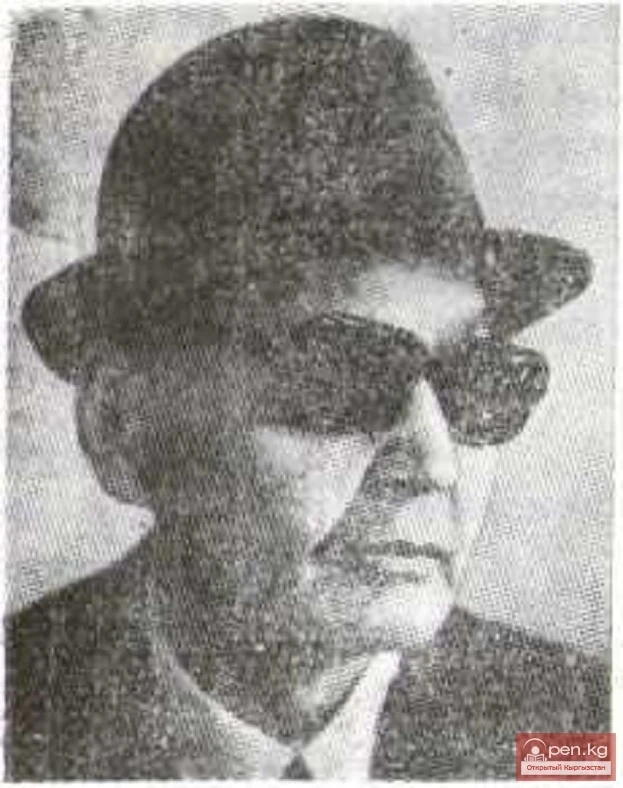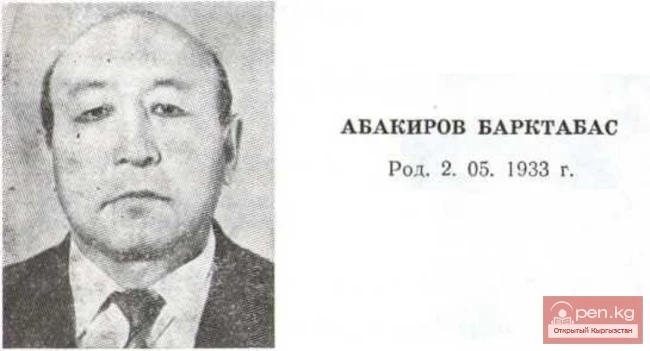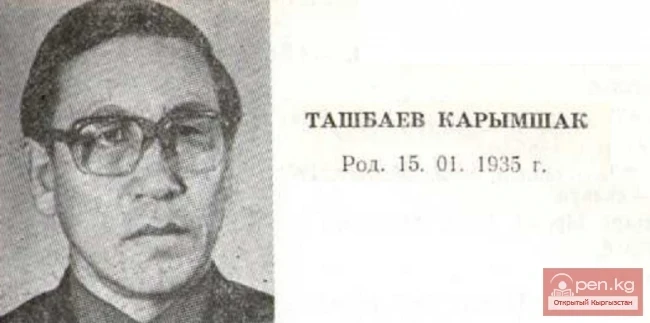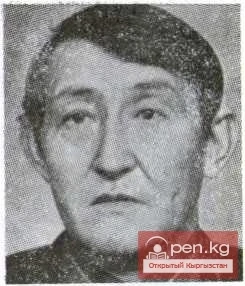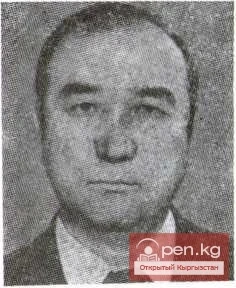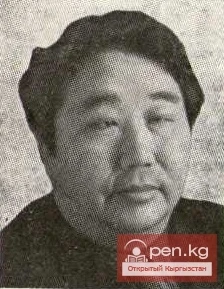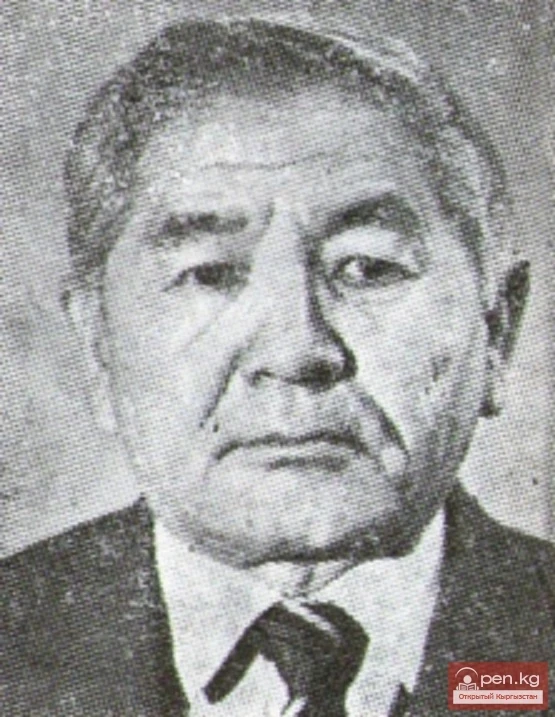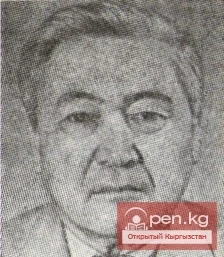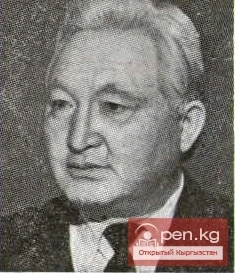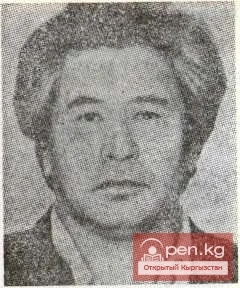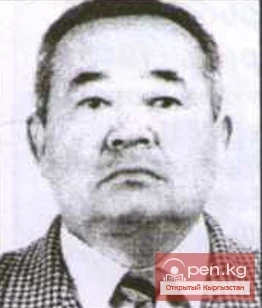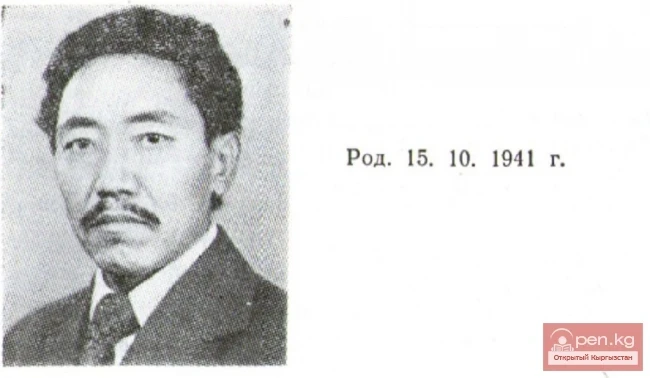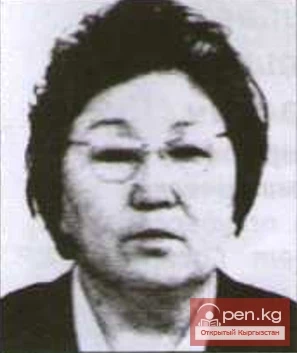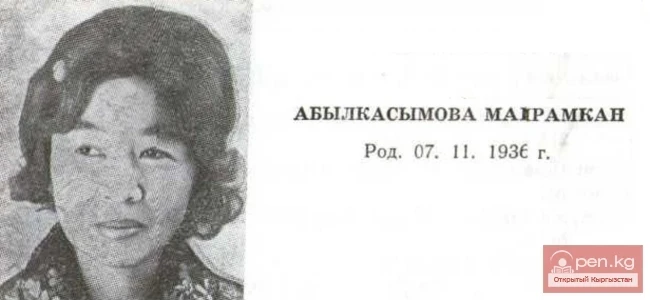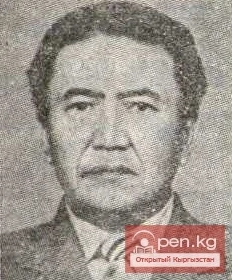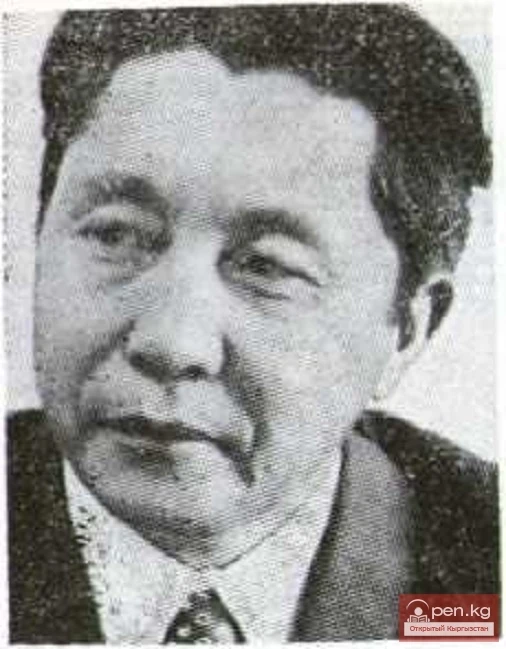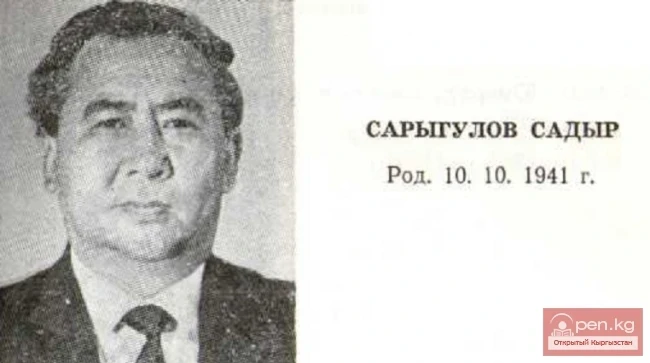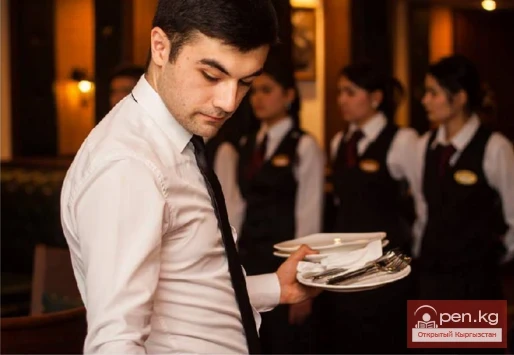
This year, the V anniversary international exhibition-conference for hotel, restaurant, and café owners on the topic: Marketing Solutions in Crisis. Practical Conference was recently held.
At the conference, participants had the opportunity to meet Alexander Mashkov, an international expert in service and hospitality in the Republic of Uzbekistan. He spoke about the horeca market in Uzbekistan, discussed the reasons for staff turnover in the hotel and restaurant business, and shared service standards.
Alexander Mashkov is an international expert in service and hospitality in the Republic of Uzbekistan, recognized by the German Association of Hotels and Gastronomy (DeHoGa). He came to service from science, having no prior experience in service industries. He trained under renowned foreign masters such as Albert Dyballa (French service expert), service trainer Mr. Rolando Rosani (Italian expert in hotel and restaurant service), master of hotel and restaurant service (from Germany) Hanns-Karl Madelung, and the amazing chef and restaurant expert (Germany) Hans-Dirk Halbfell, as well as the director of the Russian company "RestoStart," Georgy Mavralashvili.
— Alexander, you are an international expert in service and hospitality in Uzbekistan. Please tell us about your journey.
— I came to service from science and completely non-service sectors of the economy, and my mother, Lidia Mashkova, helped me with this. She has 53 years of work experience in the service sector. A distinguished teacher of the highest category, business trainer, awarded the "Veteran of Labor" medal, "Excellence in Trade," and holder of two medals for service development, one of which is gold for "Contribution to the Development of Service and Hospitality in Uzbekistan."
I first encountered the hospitality sector in the 90s while developing a professional testing computer program for assessing personnel for professional suitability. Nowadays, modern technologies have firmly established their niche in promoting goods and services. This includes CRM systems, 1C accounting, SEO and SMM, as well as very effective methods for attracting new clients and increasing loyalty among existing consumers, such as Direct mail and SMS newsletters. A convenient online program for organizing SMS newsletters is available on the website of the company Mobizon (mobizon.kz).
— Do you train only waiters?
— Due to the nature of my work, I have trained not only waiters. Senior waiters, managers, hostesses, supervisors, directors, business owners, college students, housewives, socialites, future diplomats, and graduates of senior command officers.
— Tell us about the horeca market in Uzbekistan.
Uzbekistan is a fertile country with plenty of sunshine, many historical landmarks, a unique culture with deep historical roots, extraordinarily delicious gastronomy with its traditional lifestyle, and friendly, respectful, and hardworking people. Accordingly, the horeca market is a vast diversity of gastronomic and tourist products. According to statistics, there are about 2,000 registered catering establishments in Tashkent, ranging from small somsa shops to premium class establishments. The assortment offered by restaurateurs is simply astonishing. The market features upscale restaurants, but the level of service is not always high.
— Staff turnover in the hotel and restaurant business is a major problem. How is this issue addressed in Uzbekistan?
— The issue of staff retention is one of the main problems in Uzbekistan. However, there are some establishments where you can find service personnel with work experience. The status of the profession is significantly undervalued, leading to a perception among staff that their work is temporary.
— What are the challenges of implementing first-class service?
— First and foremost, the owners themselves must understand that the service personnel are the capital of your enterprise! This is like a large amount of money that brings good dividends! The second aspect is staff turnover; trained personnel quickly find better-paying jobs, and in their place comes inexperienced staff. The third aspect can be considered the unwillingness of the staff to pursue professional growth.
— Are there service standards? If so, what are they?
— There are classic norms, standards, and rules that have centuries-old traditions, within which corporate standards are developed for each specific establishment. Even if two identical restaurants position the same service culture, their corporate standards can differ significantly from each other.
— Is there anything new that you teach in your training sessions?
— There are aspects that I focus on in service training, such as the sign language accepted among waiters in elite restaurants, which was demonstrated to a correspondent from "The Times" back in 1945. Or the gestures of special forces. If before the training, experienced staff say, "We all know!" after the training, they say, "We all can!"
— Are there any signs for visitors?
— The alphabet of gestures with cutlery. In ancient times, gestures were used by high-ranking individuals to signal the service staff, while today, guests who know unambiguous signs can be considered polite and civilized guests. Although in the West this behavior culture works in classic restaurants and conservative countries, in post-Soviet countries, these gestures arouse interest among both restaurateurs and consumers of service. Publications of my articles can be found on various websites in the post-Soviet space, although authorship is not always credited.

